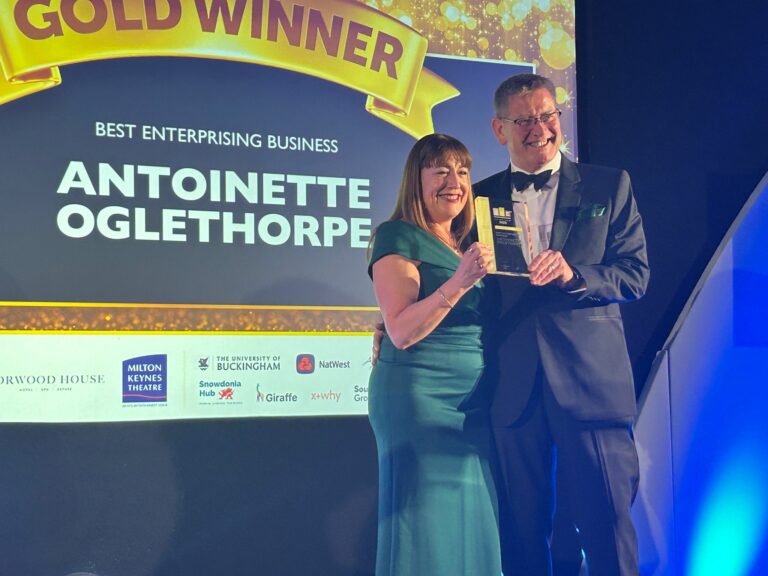Employee career aspirations are an important consideration for talent management. As this great quote says:
“Don’t ask what the world needs – ask what makes you come alive because what the world needs is people who have come alive.”Howard Thurman
There are few organisations who would argue with the need for retaining and developing talent. Talent development is about getting the best people in the right places at the right time. It is about highly skilled individuals performing optimally according to changing business needs. It is also about developing those highly skilled individuals in a way that realises their full potential. Its about satifying employee career aspirations.
And it is those last words – employee career aspirations – that often get lost.
Satisfying employee career aspirations is vital for retaining and developing talent
Organisations focus so much on what the high potential employee needs to do to meet the business’s needs that they lose sight of what the organisation needs to do to meet employee career aspirations. And this is crucial if you are going to be effective in retaining and developing talent within the organization.
It is vital that talent management processes take into consideration employee career aspirations because:
-
People make their own career decisions and need to balance their work lives with their home lives;
-
High potential employees have arguably always managed their own careers and will turn down roles they are offered which they do not want;
-
High potential employees are at risk of leaving the company if they are never told that there are exciting career opportunities available to them.
Career development is a tricky area for organisations. This is because it deals with the future and is a venture into the unknown. It is also deeply personal. Many managers worry that asking about career intentions may unsettle staff or even make them leave. But the evidence shows that discussing and attending to career issues makes staff more committed to the organisation and more productive.
Coaches and mentors have a valuable role to play
So organisations need to help employees manage their own career development. And this is where coaches and mentors have a clear role to play in retaining and developing talent. Where the organisation is turbulent, or individuals have specific career development requirements, a career conversations with a skilled coach or mentor can be extremely effective.
Coaches and mentors can help employees develop:
-
A clearer sense of career direction – not necessarily a detailed career path but an idea of where they are going in the future
-
Increased self-insight – a more realistic view of their abilities and potential
-
A broader understanding of the career options available to them and the resources available to help them learn more
-
Increased confidence and motivation – an emotional impact, which often lasts a long time
With the increased clarity and confidence that a quality career conversation can provide, employees will be in the best possible frame of mind to share their aspirations with the organisation, discuss future career options and produce a focused and realistic development plan.
These outcomes also have positive impacts on the organisation. Support from coaches and mentors plays a strong role in developing the potential of employees (maximising their contribution over time) but even more as an essential component of a motivational style of leadership (maximising their engagement). A strong business benefit can be gained from the impact of attending to the real concerns that employees have about their futures.
Equipping coaches and mentors to have effective career conversations
Coaches and mentors often feel nervous about having conversations with employees about careers. In our Career Conversations workshops they share that they’re uncertain how to structure such a conversations. They’re not sure what questions to ask. And they lack confidence in how to engage and empower employees to take ownership for their career development.
The answers to these and other questions are covered in our free eBook It’s Good to Talk! A Practical Guide to Career Conversations in the Workplace. Click the link below to get a copy.
Click here to download It’s Good to Talk! A Practical Guide to Career Conversations in the Workplace.



